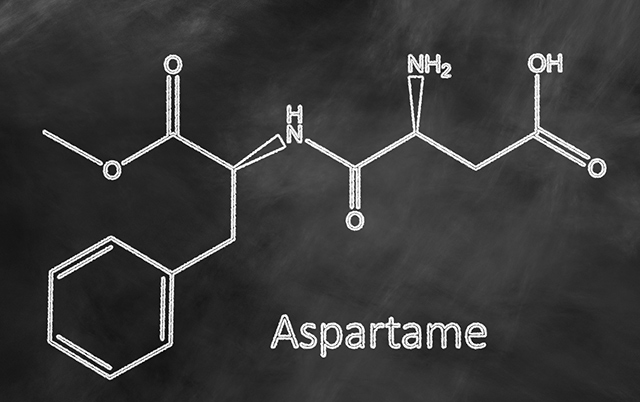
In the article, it was suggested that taking the amino acid L-tryptophan at the dose between two to three grams (g) every day or 25 to 100 milligrams (mg) of 5-hydroxytryptophan (5-HTP) up to three times each day may help improve anxiety associated with mania. In addition, taking 200 mg to 800 mg per day of the amino acid L-theanine can significantly improve anxiety within 30 to 40 minutes after intake. This amino acid, which is naturally found in green tea, cuts anxiety by increasing alpha activity and synthesis of the inhibitory neurotransmitter gamma-aminobutyric acid (GABA).
L-tryptophan is an essential amino acid that is needed by the body in order to synthesize proteins and specialized molecules, including the neurotransmitter serotonin. On the other hand, 5-HTP is utilized by the body in order to produce serotonin. This neurotransmitter is essential for normal nerve and brain function. It also seems to play important roles in a lot of body functions, such as sleep, emotional moods, pain management, inflammation, and intestinal peristalsis.
Omega-3 fatty acids have also been proven to be beneficial for mental health. Research suggested that these fatty acids help in the depressive phase but do not improve symptoms of mania. In a systematic review of controlled trials on omega-3 fatty acids in bipolar disorder, one study found that taking omega-3s together with a mood stabilizer improved depression, but not mania. Moreover, taking large doses of omega-3 fatty acids may be more effective in the depressive phase of the illness. (Related: Omega-3 supplements rapidly eliminate ADD, ADHD and bipolar disorder in children.)
Omega-3 fatty acids may also play a role in the prevention of bipolar disorder. These fatty acids are found in abundance in fatty fish, such as salmon, mackerel, herring, lake trout, sardines, and albacore tuna, which is why countries where there is high consumption of fish have relatively lower incidence rates of bipolar disorder.
More on bipolar disorder
Also known as manic-depressive illness, bipolar disorder is a disorder in the brain that causes unusual shifts in mood, energy, activity levels, and the ability to perform everyday tasks. Bipolar disorder has four basic types: bipolar I disorder, bipolar II disorder, cyclothymia, and other specified and unspecified bipolar and related disorders. All of these involve changes in mood, energy, and activity levels. These periods are referred to as mood episodes. Mood changes range from periods of extremely “up” behavior – known as manic episodes – to very “down” periods – known as depressive episodes. Hypomanic episodes are less severe manic episodes.
People having a manic or a hypomanic episode may experience at least three of these symptoms:
- Easily distracted
- Feeling abnormally upbeat, jumpy, or wired
- Have an exaggerated sense of well-being and self-confidence
- Have increased activity, energy, or agitation
- Poor decision-making, such as spending a lot of money or taking sexual risks
- Racing thoughts
- Reduced need for sleep
- Unusual talkativeness
People having a major depressive episode may experience at least five of these symptoms:
- A sense of worthlessness or excessive or unnecessary guilt
- Depressed mood, including feeling sad, empty, hopeless, or tearful
- Either restlessness or slowed behavior
- Fatigue or loss of energy
- Significant loss of interest or feeling no pleasure in all, or almost all, activities
- Sleeping problems, either insomnia or sleeping too much
- Thinking about, planning, or attempting suicide
- Unusual weight loss
Other signs and symptoms of bipolar I and bipolar II may include anxious distress, melancholy, or psychosis.
Read more news stories and studies on mental health by going to Psychiatry.news.
Sources include:
Please contact us for more information.























